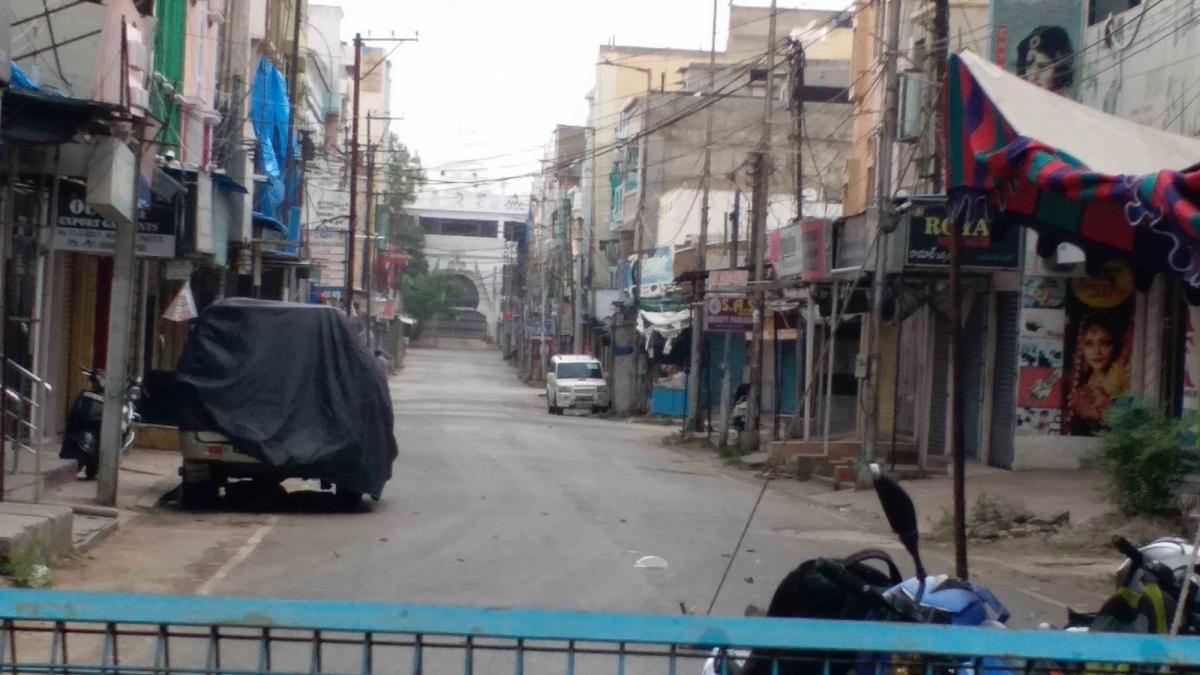Residents of the Canadian province of Alberta complained about the noise. Authorities found several bitcoin mines that ran on natural gas.
In Canada, bitcoin miners have discovered natural gas as a cheap raw material for the electricity they need. They are specifically looking for natural gas sources that have been abandoned by their previous operators because they were no longer able to deliver the quantities needed for profitable operations.
Bitcoin Mines Look Like Tiny Trailer Park in Canada’s Alberta Province
However, the sources left in this way have not dried up. Such sources may be interesting to other companies and for other purposes – for example, for operating a bitcoin mine. This is how the company Link Global Technologies, which already operates several small bitcoin mines based on locally produced gas in Alberta, Canada, thought.
To do this, the company is installing a few generators that burn natural gas and generate electricity from it, as well as a half-dozen converted shipping containers that house the mining hardware. With such a standard solution directly in its own gas power plant, LINK Global Technologies can mine approximately 1.2 bitcoins per day and on location, provided the power plant produces ten megawatts.
Since bitcoin remains highly volatile, profitability remains stable and falls along with the cost of operations, which the company has always kept as low as possible. If you look at one of the company’s mining facilities, you don’t feel like you’re dealing with high tech, as you can see in the picture on the tweet above.
Residents can no longer sleep or spend time outside unhindered
The same was the case with the residents of Sturgeon, the small town in the immediate vicinity of one of the bitcoin mines. Link Global Technologies commissioned a gas-fired power plant with an output of five MW. Residents felt they were at the airport, he said CBC On the record. Depending on what the wind was like, it would have seemed as if an airplane was heating its engines or was standing on its property just before landing. However, he didn’t expect bitcoin mining to be a cause for misery.
After residents heard this for a few months, they informed the authorities, who then took action. Although companies in Canada are allowed to operate small power plants of up to ten megawatts for their own needs, this only applies if the power plants do not cause any other pollution, such as affecting the neighborhood or the environment.
This was also not the case with the bitcoin miner system. Some residents also felt that they had been deprived of sleep and complained that they could no longer leave their windows open because of the noise. The authorities regarded the CO2 emissions as an unacceptable environmental damage.
Mining company wants to move forward when needed
The company initially claimed that it had conducted a noise protection test with a positive result, but could not provide any evidence. LINK boss Stephen Jenkins then took the position that the company was doing something good for the environment by burning the already escaping methane gas instead of escaping into the atmosphere. He wanted to sell the waste heat to disgruntled residents as district heating. This did not catch on with the authorities.
Meanwhile the generators run only during the day and the mine is surrounded by a wall of straw bales, which are considered as noise protection. It is not clear whether this will be enough.
If not, then no, Jenkins says. Then he would simply close the site and move on. The effort for the company is manageable and there is no dearth of inert gas sources. There are believed to be about 200,000 abandoned oil and gas wells in Alberta alone. This is attracting more and more miners to the area.
The story is reminiscent of the case of the residents of Seneca Lake in the US state of New York. However, a mining facility there was actually allowed to use the lake water to cool its rig. It is said that this had heated the lake to the whirlpool level. Now miners also want to expand their activities there. For their part, residents intend to impress the approval authorities and have their approval withdrawn.
You may also be interested in

Devoted web advocate. Bacon scholar. Internet lover. Passionate twitteraholic. Unable to type with boxing gloves on. Lifelong beer fanatic.





